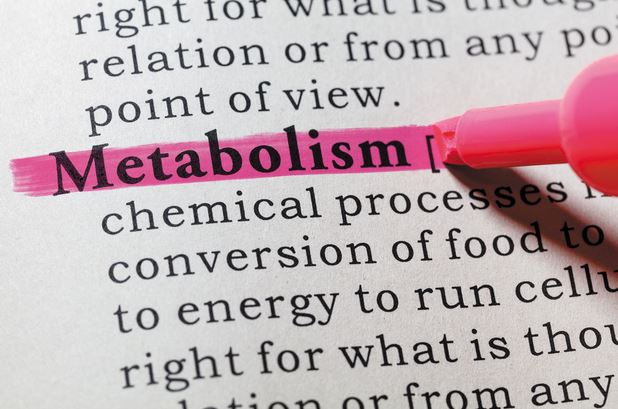Women are five times more likely than men to experience thyroid problems. And hypothyroidism is one of the big ones.
Hypothyroidism is where the thyroid is unable to produce an adequate amount of thyroid hormones. The thyroid hormones are responsible for the metabolic processes throughout the body, including digestion, heart function, muscle control, mood, temperature, and more.
And while the thyroid hormones aren’t the end-all, be-all to these functions, they do play a critical part.
What Happens When You Don’t Have Enough of The Thyroid Hormones?
Without the thyroid hormones, your metabolism slows down. Early signs include fatigue, weakness, and weight gain.
As the condition progresses and time goes on, you may experience cold sensitivity, dry skin, constipation, puffiness, further weight gain, muscle weakness, muscle pain, joint swelling, and more. These symptoms are uncomfortable and can make life fairly miserable.
A slow metabolism further makes it difficult to lose weight. As aforementioned, your body may be doing the complete opposite.
A blood test will often confirm whether or not you’re experiencing hypothyroidism.
Dealing With Hypothyroidism
The following advice in no way replaces the advice of your doctor or a medically trained professional. However, it may compliment it. Frequently, a doctor will prescribe medication to help alleviate the issue. But you can also do the following to help improve your metabolism - even if you have an underactive thyroid.
→ Exercise. Physical activity is the magic pill that no one is taking. And it goes a long way when it comes to amping up your metabolism.
→ Eat a good balance of macronutrients (carbohydrates, protein, and fats) in your diet.
→ Don’t skip meals. This can actually slow down your metabolism further. Stick to the same meal schedule on most days.
→ Go to bed and wake up at the same time every day. Sleep matters when it comes to the inner workings of your body. Keep those systems regulated by going to bed and waking up at the same time every day.
If you think you may have hypothyroidism, talk to your doctor. Find out what’s really going on.
And if you suspect your diet and lifestyle may play a major role in slowing down your metabolism (even if you do have hypothyroidism), contact NuLifeBalance today! Let us help you toward a happier and healthier life.


